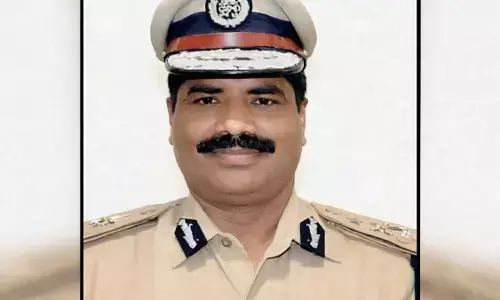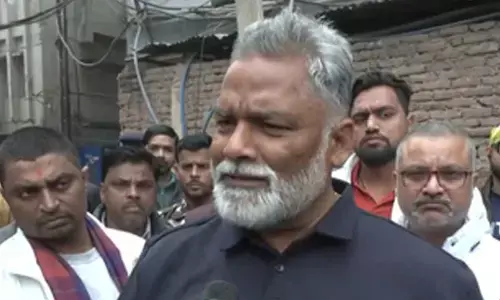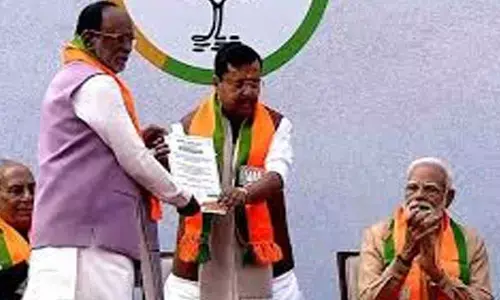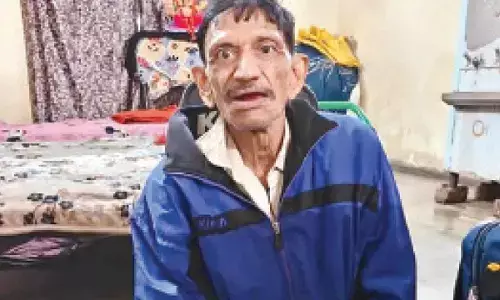The S R Bommai case

The Supreme Court judgement on May 11, 1994 in S R Bommai versus Union of India case put a check on the absolute powers of the President to dismiss a State government under the powers vested in him by the Article 356 of the Constitution.
The Supreme Court judgement on May 11, 1994 in S R Bommai versus Union of India case put a check on the absolute powers of the President to dismiss a State government under the powers vested in him by the Article 356 of the Constitution. The SC decision related not to a proclamation of emergency under Article 353 (national emergency) but to a proclamation under Article 356 (failure of constitutional machinery in States).
When the then Congress government at the Centre dismissed the S R Bommai government in Karnataka in 1989, the latter challenged the dismissal in the High Court which held that Governor’s action cannot be found fault with. He approached the Supreme Court later, which held that a State government could be dismissed only under extenuating circumstances, and laid down guidelines for such a dismissal. It observed, " the Governor should have found out whether there was any possibility of a formation of a government before taking such a hasty decision. He should have waited at least two more months before making such a drastic recommendation.
A nine-judge bench set aside the Presidential proclamation under Section 356 (1) relating to Karnataka (April 21, 1989). The President can suspend the assembly, subject to approval by Parliament, within two months. Even so, the proclamations were subject to judicial review.
It was held that a Proclamation under Article 356(1) is open to judicial review on the ground of violating the basic structure of the Constitution. It follows that a proclamation under Article 356(1), which violates any of the basic features, as summarized in the Preamble of the Constitution is liable to be struck down as unconstitutional.
In all cases where the Ministry loses majority support, the Supreme Court said that the proper course for testing the strength of the Ministry was holding the Test on the floor of the House, except in case where the holding of the floor test was considered not possible. It was held that Article 74(2) did not bar the Court from calling upon the Union Council of Ministers to disclose the material upon which the President had formed the requisite satisfaction.










